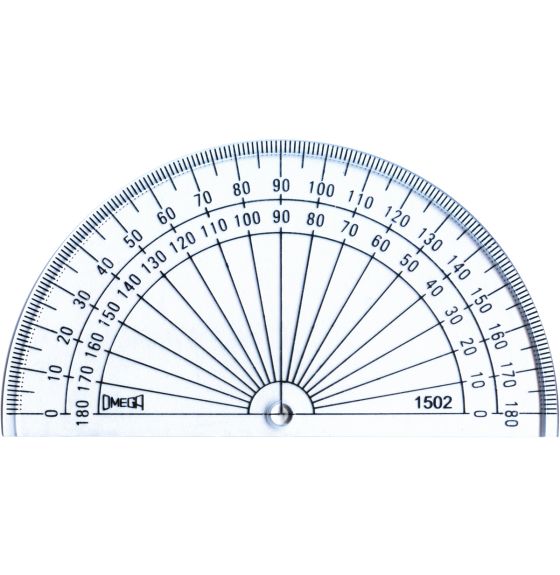Read the following whole number: 452,010
Four-hundred fifty-two thousand ten
Represent the decimal number 0.25 using fractions in simplest form.
0.25 = 1/4
Convert 200 grams to kilograms.
200 grams = 0.2 kilograms
Identify 3 geometric properties of a rectangle (qualities, characteristics of a rectangle)
A rectangle has four sides, four right angles, and opposite sides that are equal in length.
Identify a linear growing pattern in real life.
Example: The growth of a plant over time
Compare temperatures: -5°C and 3°C. Which temperature is colder?
-5°C
Compare the fractions: 2/3 and 3/4. Which fraction is greater?
3/4 is greater
Solve the problem: A pool contains 5,000 liters of water. How many milliliters is this?
5,000 liters = 5,000,000 milliliters
Find the measure of the supplementary angle to a 120° angle

The supplementary angle to a 120° angle is 60°.
Extend the pattern rule: 3, 6, 9,____ , ____, ____
3, 6, 9, 12, 15, 18
Order the following integers from least to greatest: -8, -3, 0, 5, -2.
-8, -3, -2, 0, 5
Order the following decimal numbers from least to greatest: 0.18, 0.45, 0.06, 0.9
0.06, 0.18, 0.45, 0.9
What unit of measurement would you use to measure a pencil?
Centimeters
What angle is shown?
140 degrees
Predict the missing element in the pattern: 2, 5, 8, __, 14
2, 5, 8, 11, 14
Subtract the integers: -7 - (-3)
-7 - (-3) = -4
Add the fractions: 1/5 + 2/3
1/5 + 2/3 = 13/15
Convert 3.5 kilometers to meters.
3.5 kilometers = 3,500 meters
Calculate the measure of the complement to a 45° angle.

The complement to a 45° angle is 45°
Write the algebraic representation for the pattern rule: "Start with 2 and add 4 in each step"
The algebraic representation for the pattern rule is n = 2 + 4x, where n represents the term number and x represents the position of the term in the pattern.
Add the integers: 9 + (-2)
9 + (-2) = 7
Subtract the fractions: 4/7 - 1/3.
4/7 - 1/3 = 5/21
A container has a capacity of 1.25 liters. How many milliliters can it hold?
1.25 liters = 1,250 milliliters
Calculate the angle.
160 degrees.
Find the missing term in the pattern: 1, 4, 9, __, 25
1, 4, 9, 16, 25